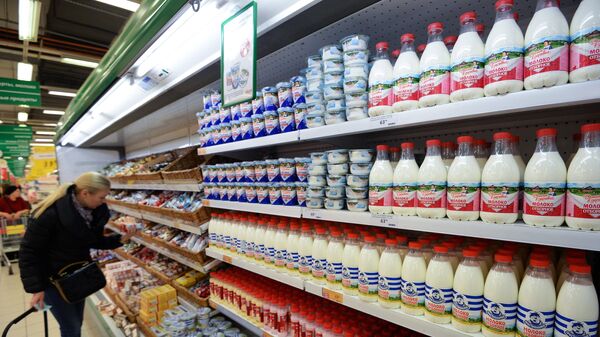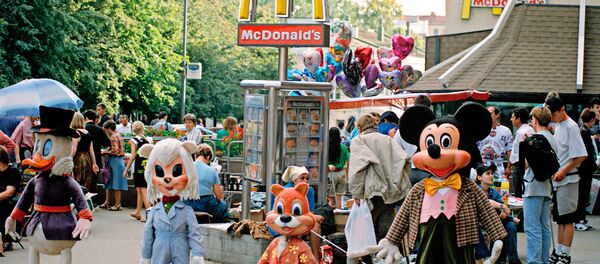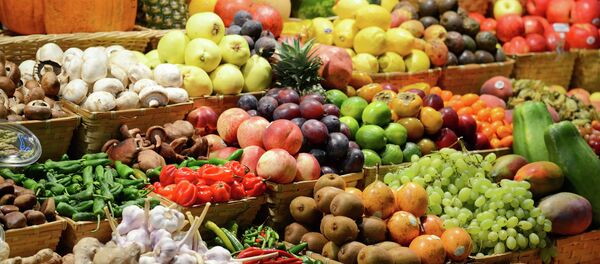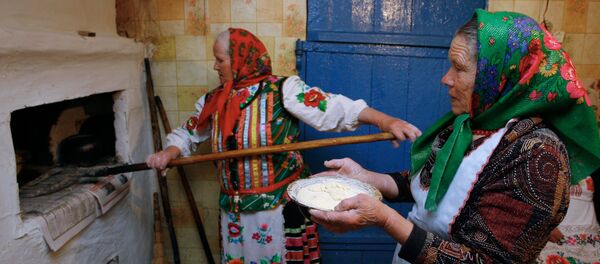Fresh figures from the Russian state statistics agency Rosstat show that the share of imports in Russian retail trade have dropped steadily over a three year period, from 43% in Q1 2014, to 41% in Q1 2015, to 38% in Q1 2016, to 36% in Q1 2017. The agency says the indicator is at its lowest level since 2008, when measurement first began.
Speaking to Russia's Izvestia newspaper, the press service of the Ministry of Industry and Trade explained that a number of factors account for the decrease in the share of imports. The main factor, according to the Ministry, is the drop in food imports, where imports account for just 23% of the total.
"This is the result of the special economic measures taken by Russian in response to Western sanctions. Before these events, in 2014, the share of imported foodstuffs was 34%," the Ministry said.
According to Rosstat's Q1 2017 statistics, food security figures are particularly impressive in the category of cereals, where imports account for just 0.2% of the total. Other mostly-domestic food categories include sausage products (1.6%), flour (1.8%), poultry (4.1%), and pork (8.3%). Cheese imports remain high (27.7%), although they too have declined significantly since 2014, when 48.4% of all cheese being sold in Russia was imported.
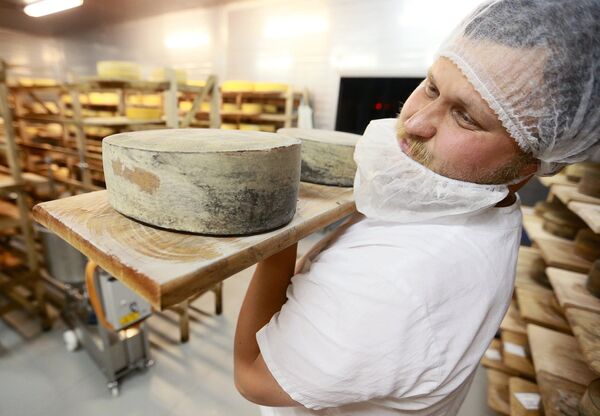
According to the Ministry of Industry and Trade, another important factor explaining dropping food imports is that many foreign companies have invested in production in Russia, "thus transferring the products of these companies from the category of imports to the category of goods produced in our country. This is beneficial both for our economy and producers."
Many major Russian food retailers have made it a conscious business strategy to focus on reducing the share of imports in their stores. A spokesman from Russian mega supermarket chain Magnit told Izvestia that the share of imported goods in its network was less than 8%, and even less for foodstuffs. Imported foods include seasonal fruits and vegetables, as well as products that simply aren't produced in Russia.
Finally, the decline in the exchange value of the Russian ruble has played its role in decreasing imports, increasing the price for imported goods while making agricultural exports significantly more competitive.

